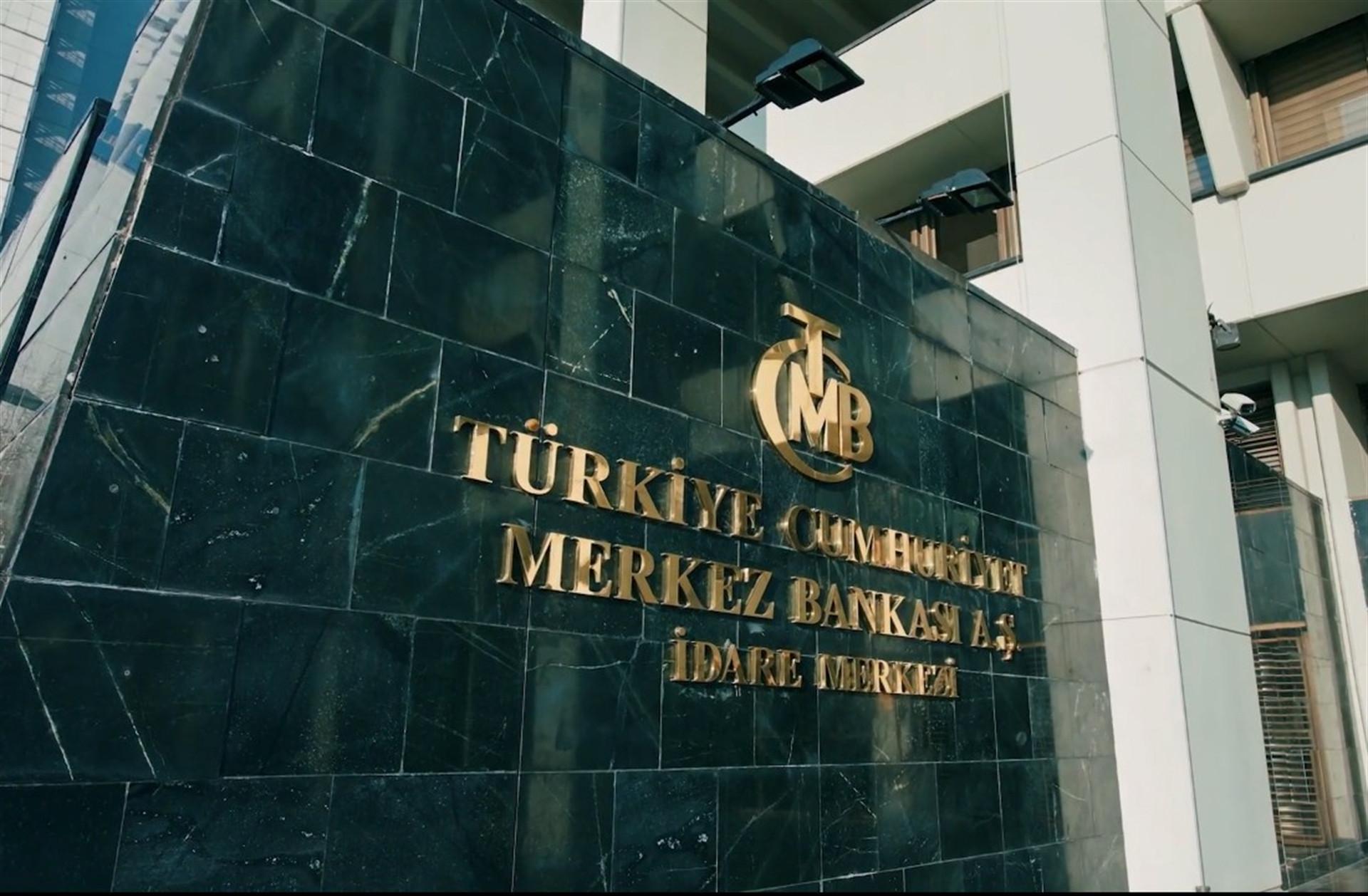
As widely expected, Turkey’s Central Bank has lowered its key interest rate by 50 basis points.
The policy rate, also known as the one-week repo rate, dropped to 10.75 percent from 11.25 percent, the bank said in a statement issued after its second Monetary Policy Committee (MPC) meeting of this year held on Feb. 19.
Last year, it held eight MPC meetings, as interest rates fell 1,200 basis points over the course of the year, from 24 percent to 12 percent.
“Considering all factors affecting the inflation outlook, the committee decided to make a more measured cut in the policy rate. At this point, the current monetary policy stance remains consistent with the projected disinflation path,” the bank said.
The annual inflation rate, which saw over 25 percent level in 2018, dropped gradually throughout 2019, from 20.35 percent in January to 8.55 percent in October.
Annual inflation inched up to 12.15 percent in January, from 11.84 percent in December 2019.
Developments in inflation expectations, domestic demand conditions and producer prices have contributed to a mild trend in core inflation indicators, the bank added in the statement.
“The course of inflation is considered to be broadly in line with the year-end inflation projection, the bank said, adding that keeping the disinflation process in track with the targeted path requires the continuation of a cautious monetary stance,
In its first inflation report for 2020, released in January, the Central Bank kept its inflation forecasts for this year and next unchanged at 8.2 percent and 5.4 percent, respectively.
The bank reiterated on Feb. 18 that it will continue to use all available instruments in pursuit of the price stability and financial stability objectives and that any new data or information may lead the committee to revise its stance.
Recovery in economic activity
As far as the growth outlook is concerned, the Central Bank said in the statement recent data indicate that recovery in economic activity continues.
“Sectoral diffusion of economic activity continues to improve.”
However, it underlined that despite signs of recovery, investment and employment remain weak.
“As the contribution of net exports to economic growth declines, economic recovery is expected to be sustained with the help of the ongoing disinflation process and improvement in financial conditions.”
The bank stressed that developments in credit growth and its composition are closely monitored for their impact on external balance and inflation.
“We maintain our determination to lower interest rates and inflation,” President Recep Tayyip Erdoğan told his party’s parliamentary group in the capital Ankara on Feb. 18.
He also said that hopefully, the economic growth rate will exceed the 5 percent target the government set for 2020.